Quiz History
Last Updated:
Are you a history buff? Our quizzes are for you! Test your knowledge of the great historical periods, landmark events, famous people and civilizations that have shaped the world as we know it today.
Our history quizzes are a fun and educational way to relive key moments in human history. With a varied selection of questions, you can test your knowledge on topics ranging from antiquity to the 21st century, including the Middle Ages, the Renaissance, industrial and political revolutions.
Do you know who signed the U.S. Declaration of Independence? Do you know the dates of major battles such as Hastings and Waterloo? Can you identify iconic figures such as Napoleon, Cleopatra and Martin Luther King? Our history quizzes are designed to help you answer all these questions while enriching your historical knowledge.
As you explore our history quizzes, you’ll discover fascinating anecdotes, little-known facts and striking details about the events and characters that changed the course of history. Whether you’re a history buff, a student or simply curious, our quizzes are an interactive and entertaining way to test your knowledge and learn more about the events that have shaped the world.
Test your knowledge and travel through the ages with our history quizzes!
Test your knowledge of history with our quizzes. Whether you’re an amateur or a true enthusiast, our quizzes will offer you a challenge adapted to your level.
Compare yourself with other history buffs and find out where you stand among connoisseurs of the great historical periods. Each question is an opportunity to learn and deepen your knowledge.
Our history quizzes are not simple knowledge tests, but interactive learning tools. Each question is accompanied by detailed explanations and interesting facts about key events, characters and eras.
By answering the questions, you’ll enrich your general knowledge and develop a better understanding of the past. Use our quizzes to explore new historical periods, discover fascinating anecdotes and strengthen your knowledge of world history.
history
/ 10
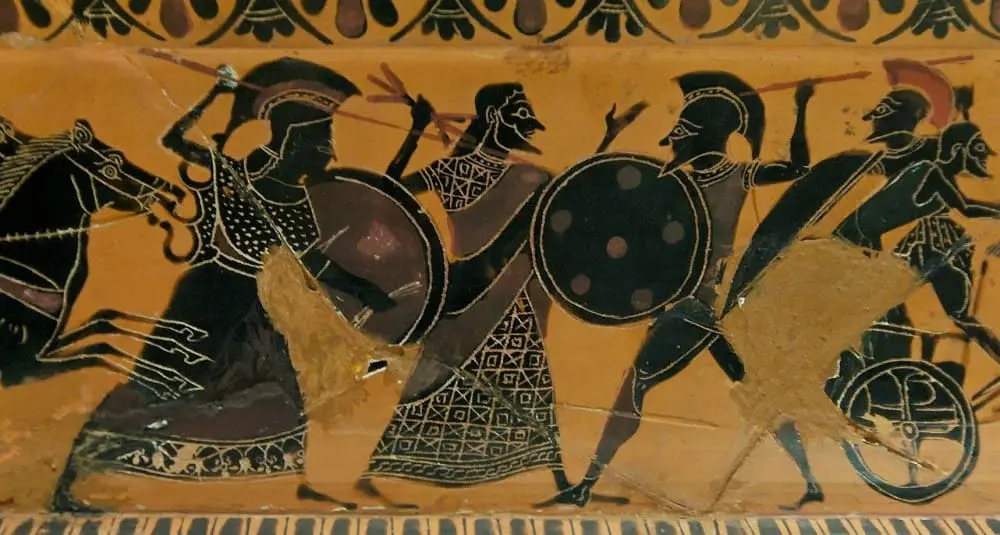
In Greek mythology, who is the god of war?
1Ares
2Hades

🙌 Good answer
In Greek mythology, Ares is the god of war, embodying the brutality and destruction of battle. Son of Zeus and Hera, he is feared even by the gods.
Next question

😞 Wrong answer
In Greek mythology, Ares is the god of war, embodying the brutality and destruction of battle. Son of Zeus and Hera, he is feared even by the gods.
Next question
history
/ 10
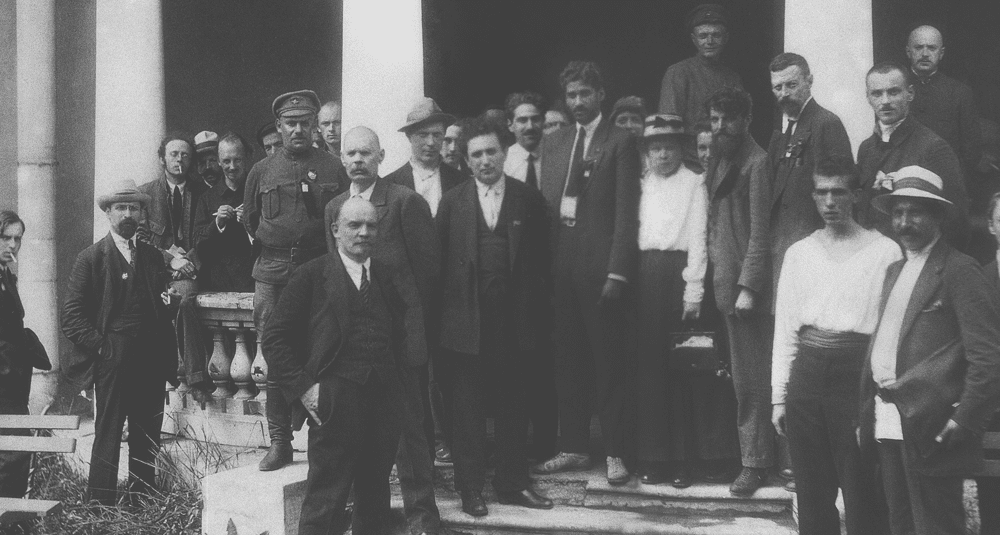
Which Russian statesman founded the Communist International in 1919?
2Vladimir Ilyich Lenin
1Joseph Stalin

🙌 Good answer
Lenin, Russian statesman and leader of the Bolshevik revolution, founded the Communist International in 1919 to promote communism worldwide.
Next question

😞 Wrong answer
Lenin, Russian statesman and leader of the Bolshevik revolution, founded the Communist International in 1919 to promote communism worldwide.
Next question
history
/ 10
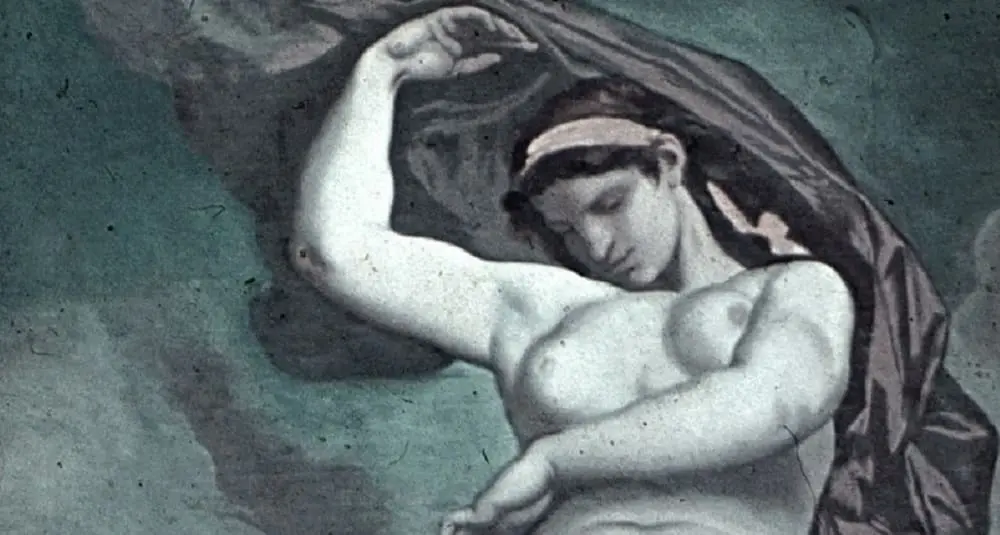
What is the symbol of Gaia?
1Earth
2Sea

🙌 Good answer
In Greek mythology, Gaia, the primordial goddess of the Earth, is often depicted with the Earth, a tree or ears of wheat, symbols of fertility and life.
Next question

😞 Wrong answer
In Greek mythology, Gaia, the primordial goddess of the Earth, is often depicted with the Earth, a tree or ears of wheat, symbols of fertility and life.
Next question
history
/ 10
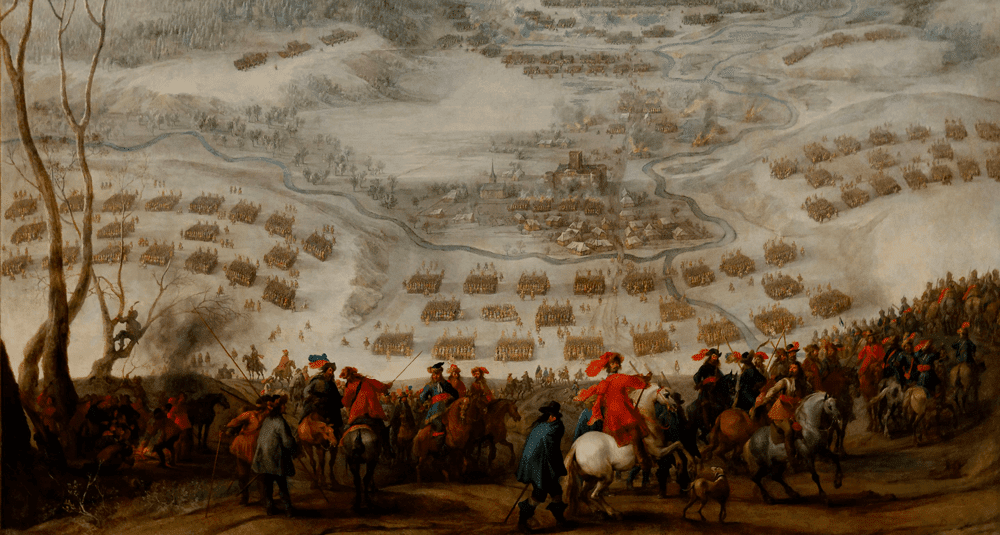
What treaties ended the Thirty Years' War?
2Westphalia
1Utrecht

🙌 Good answer
The Thirty Years' War ended in 1648 with the Treaties of Westphalia, signed in Münster and Osnabrück, which redefined political Europe.
Next question

😞 Wrong answer
The Thirty Years' War ended in 1648 with the Treaties of Westphalia, signed in Münster and Osnabrück, which redefined political Europe.
Next question
history
/ 10
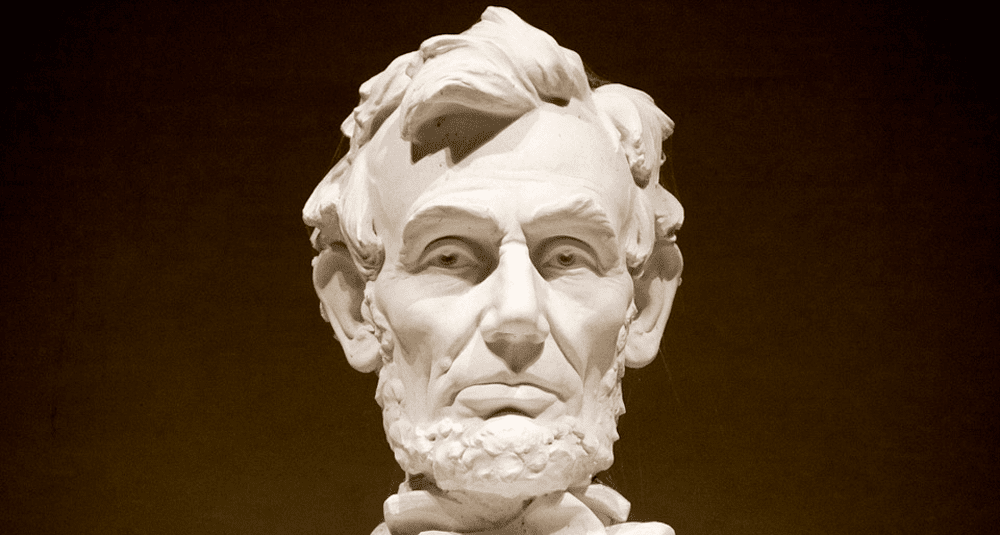
When was slavery abolished in the United States?
21865
11863

🙌 Good answer
The abolition of slavery in the United States was officially proclaimed in 1865 with the adoption of the 13th Amendment to the U.S. Constitution.
Next question

😞 Wrong answer
The abolition of slavery in the United States was officially proclaimed in 1865 with the adoption of the 13th Amendment to the U.S. Constitution.
Next question
history
/ 10
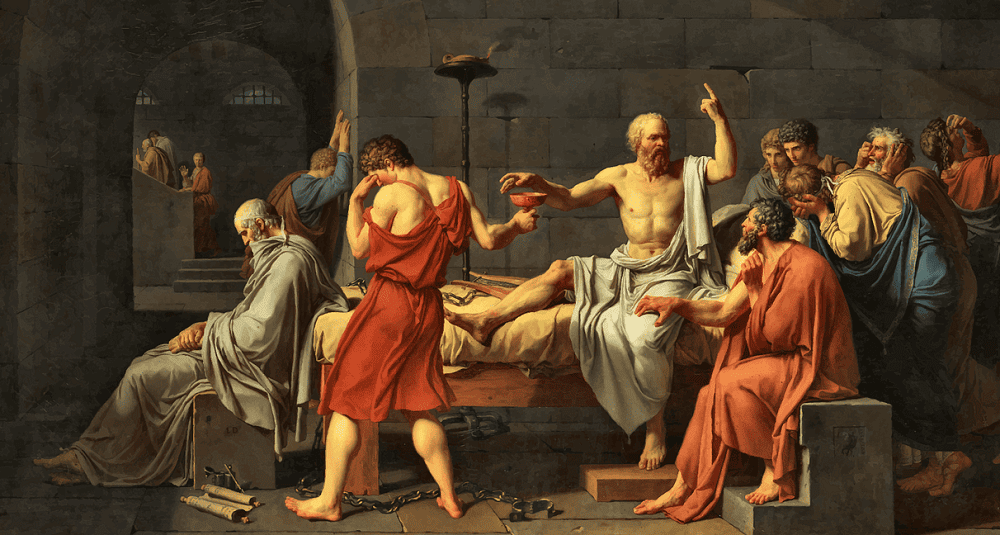
How did Socrates die?
2Forced suicide
1Died in battle

🙌 Good answer
Socrates died in 399 BC after drinking the deadly poison hemlock. Condemned by Athens for impiety and corruption of youth, he accepted his fate.
Next question

😞 Wrong answer
Socrates died in 399 BC after drinking the deadly poison hemlock. Condemned by Athens for impiety and corruption of youth, he accepted his fate.
Next question
history
/ 10
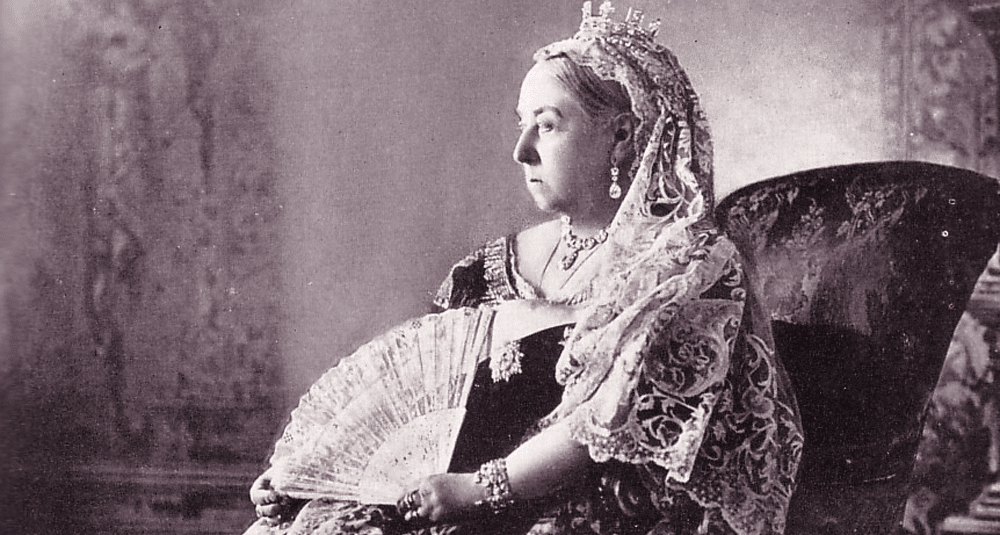
When did Queen Victoria become Empress of India?
21876
11837

🙌 Good answer
Victorian was Queen of the United Kingdom of Great Britain and Ireland from 20 June 1837 until her death. From July 1, 1867, she was also Queen of Canada, Empress of India from May 1, 1876, and Queen of Australia on January 1, 1901.
Next question

😞 Wrong answer
Victorian was Queen of the United Kingdom of Great Britain and Ireland from 20 June 1837 until her death. From July 1, 1867, she was also Queen of Canada, Empress of India from May 1, 1876, and Queen of Australia on January 1, 1901.
Next question
history
/ 10
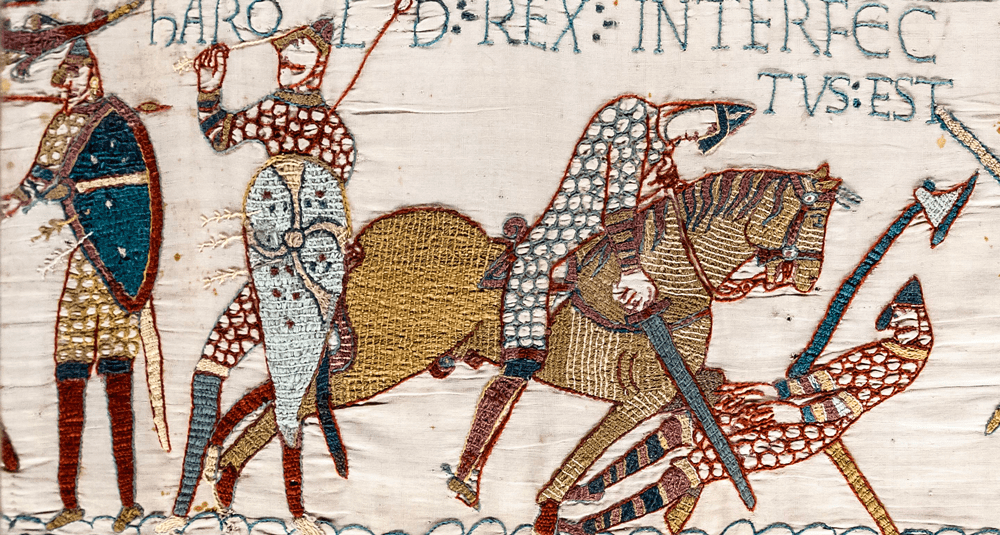
What events are described in the Bayeux Tapestry ?
1Norman conquest of England
2Hundred Years' War

🙌 Good answer
The Bayeux Tapestry depicts the events leading up to William the Conqueror's conquest of England, in particular the Battle of Hastings in 1066.
Next question

😞 Wrong answer
The Bayeux Tapestry depicts the events leading up to William the Conqueror's conquest of England, in particular the Battle of Hastings in 1066.
Next question
history
/ 10
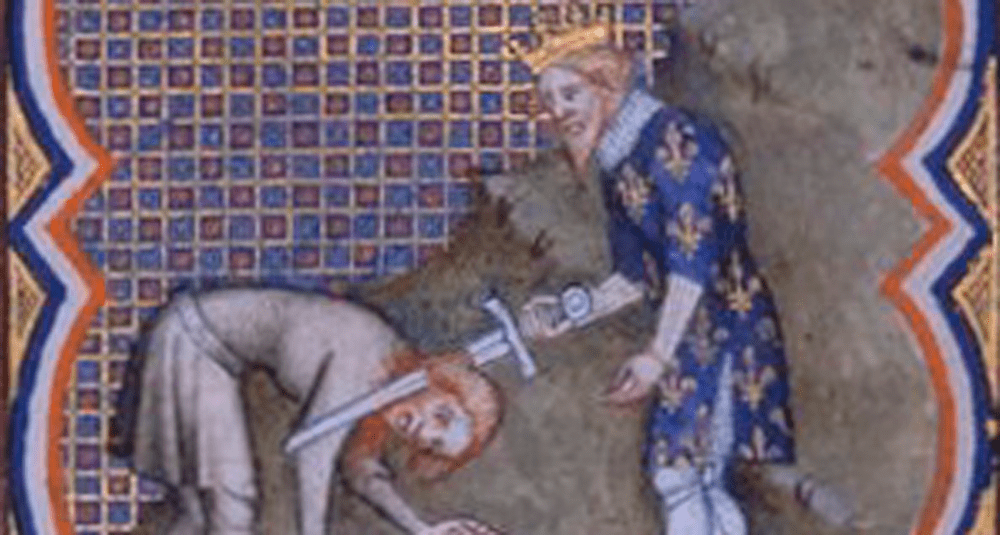
When was the episode of the Soissons Vase held?
2487
1387

🙌 Good answer
The episode of the Soissons vase takes place in 486, after Clovis' victory over Syagrius, marking a key event in Merovingian history.
Next question

😞 Wrong answer
The episode of the Soissons vase takes place in 486, after Clovis' victory over Syagrius, marking a key event in Merovingian history.
Next question
history
/ 10

When did the Huns of Attila invade Roman Gaul?
2451
1351

🙌 Good answer
Attila's Huns invaded Roman Gaul in 451 AD, culminating in the Battle of the Catalaunic Fields.
Next question

😞 Wrong answer
Attila's Huns invaded Roman Gaul in 451 AD, culminating in the Battle of the Catalaunic Fields.
Next question



